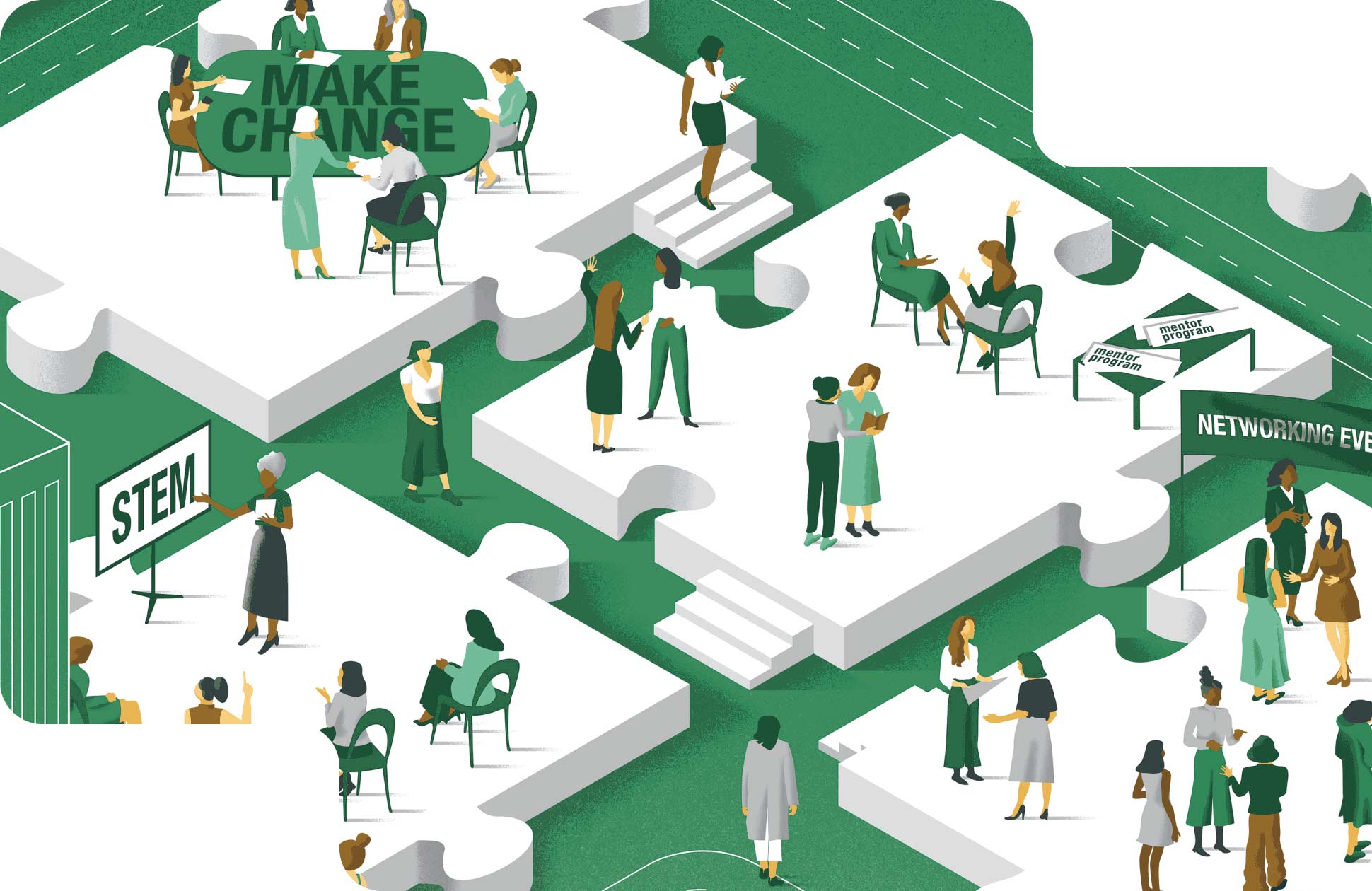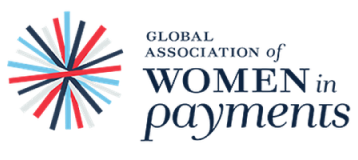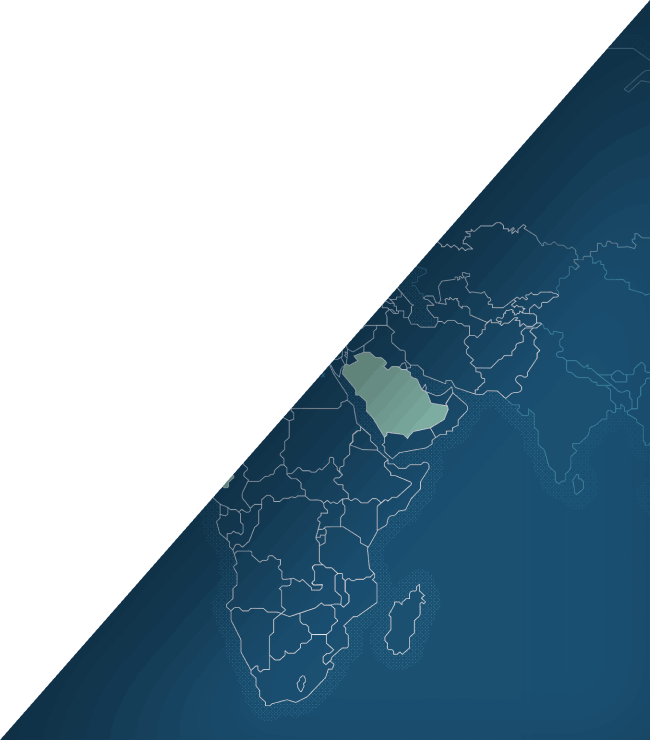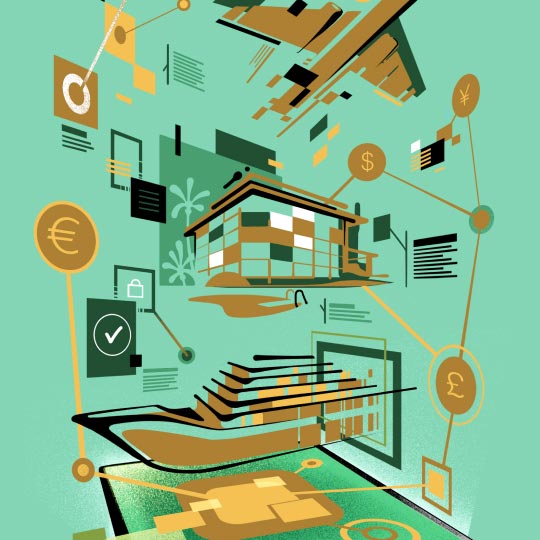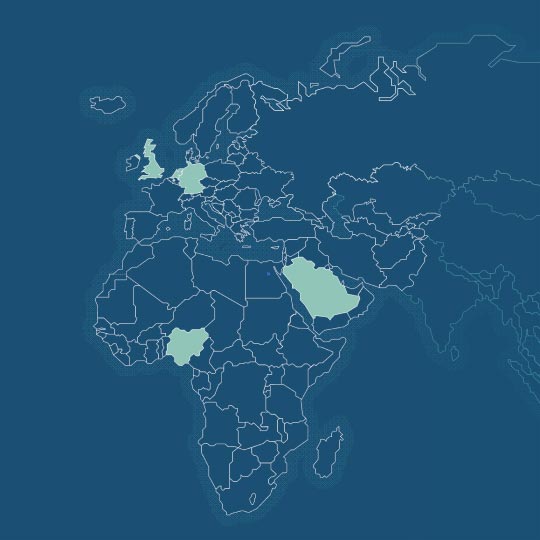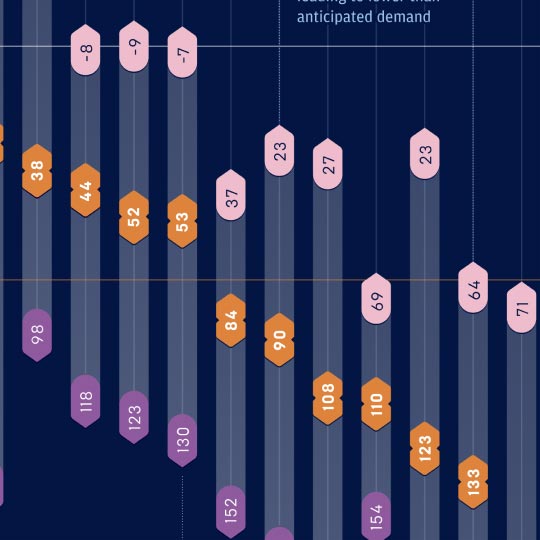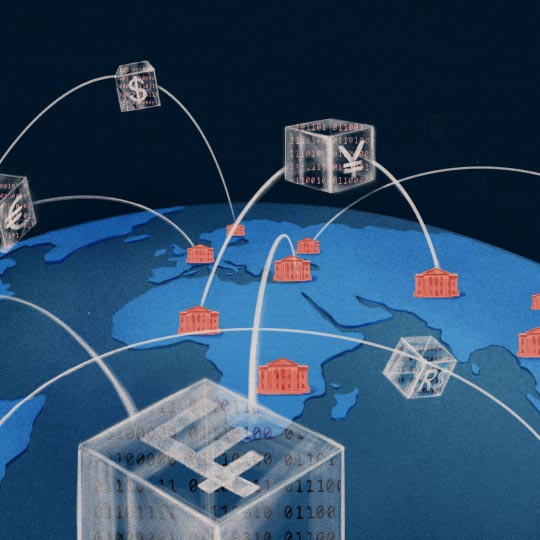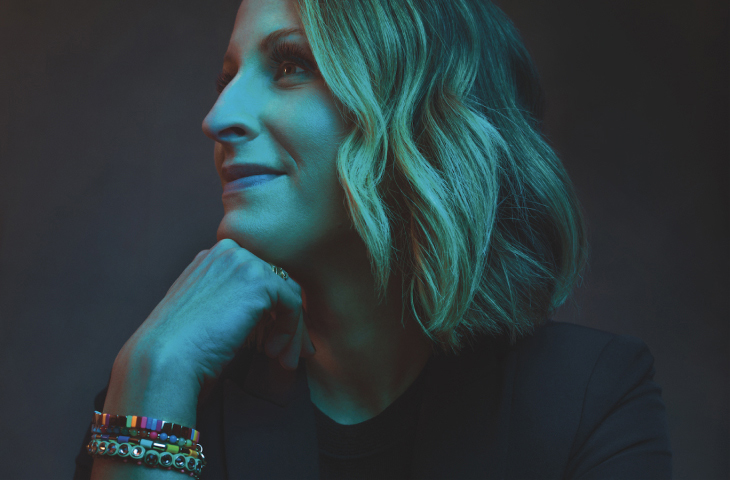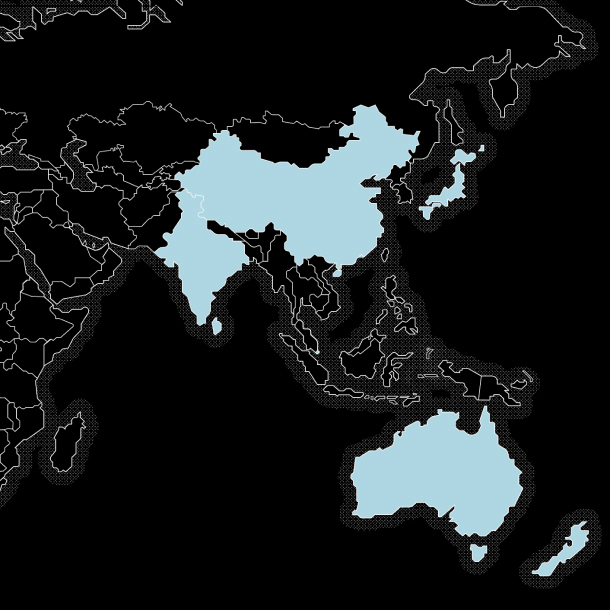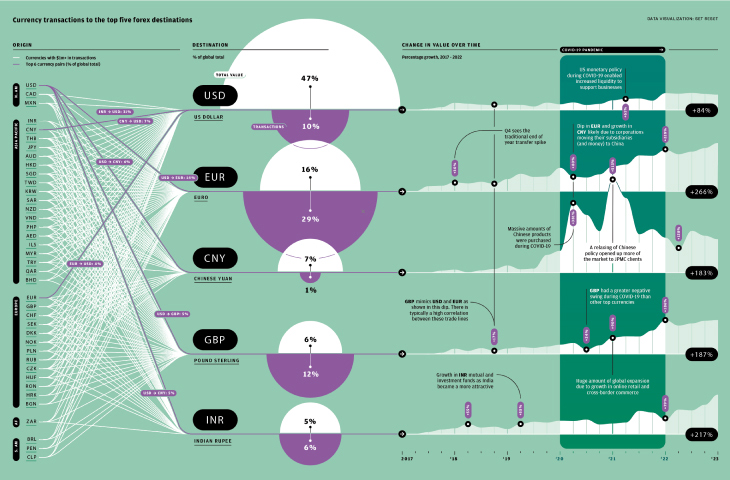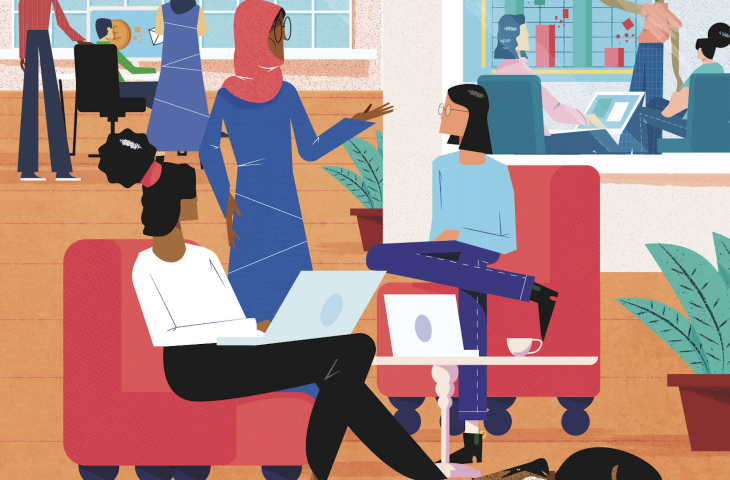
Women in payments
Women are still a minority at the highest levels of the payments industry: Only 40 percent of fintechs have appointed a woman to their boards.
Communities
To help improve gender diversity, J.P. Morgan has been collaborating with Women in Payments, a global organization that works to boost women’s presence in the boardroom. Here, we take a look at some of the issues, ideas, and inspiring people on our minds right now.
What needs to change?
Two J.P. Morgan payments leaders outline some of the problems facing women in the industry—and how they can be addressed
The challenges

More than half the labor force in the United States is made up of women, yet they are highly underrepresented in corporations, particularly the fields of finance and technology, and especially at the senior level. Several factors contribute to this imbalance...
You can’t be what you can’t see
The lack of female representation in leadership positions is the product of a number of issues. Poor training for hiring managers on inclusivity practices can slow women’s career growth within organizations. Failure to prioritize the needs of working mothers, such as providing access to paid maternity leave, can damage retention and cause demotivation in the workplace. Another issue is gender stereotyping. Labeling women as “bossy” when they show assertiveness, or framing women as caretakers or nurturers and men as leaders, subconsciously relegates them to certain roles and can ultimately hinder their progression. The lack of women in leadership positions is a self-perpetuating cycle because underrepresentation can discourage the next generation of women from aiming for the top.
Your network is your net worth
There is no doubt that who you know is just as important as what you know. Even with the best qualifications in the world, women’s careers are often stifled by not being a part of the “old boys’ network”. Networking and informal hiring often takes place in spaces that exclude or, at the very least, feel unwelcoming or inconvenient to women. Think: Members’ clubs, the golf course, or late-night drinks and breakfast briefings that don’t work with childcare responsibilities.
The “glass cliff” problem
When women are promoted to senior leadership positions, they can find themselves isolated and facing what is known as the “glass cliff”. In this scenario, a female leader is left alone and teetering on the edge, while trying to deal with an unsustainable position or an inherited business issue. Empirical data from the UK’s University of Exeter and others show women are overrepresented in leadership positions in businesses that are overexposed to high levels of risk, performing poorly on stock markets, or where the leadership role is precarious. Women in these scenarios have often been hired to “clean up the mess” left by previous leadership. The outcomes can reinforce the idea that men are more capable and successful as leaders.
The Solutions

The issues facing women in payments are global and deeply entrenched— but that does not mean they are insurmountable. Here are some of the solutions we can champion...
Improve access to industry—starting from childhood
Reaching out to young women and supporting them to study science, technology, engineering, and math (STEM) subjects, or to learn more about payments, is a key way to build confidence from an early age and to promote the industry. This can be done via in-school talks and visits. It can be done by equipping schools’ careers advisory teams with information about pathways into the industry. Or it can be about collaborating with, and financially supporting, charities and organizations dedicated to boosting young women’s financial and banking literacy.
Be the company that makes the change
I believe those of us already working in payments have a responsibility to encourage women to join us and to take steps to help other women access the industry. It doesn’t just have to come in the form of big collaborations with action groups. From setting diversity objectives with our HR teams to actively participating in knowledge-sharing forums, or investing our time, capital, and intelligence in underrepresented communities—there is a wealth of measures we can take, both as individuals and within our organizations.
Lift everyone up
Many of the challenges facing women are systemic, from lack of access to maternity pay to long-standing social barriers. These all require deep changes to regulations and to global working cultures. The challenges are also intersectional. Age, class, sexual orientation, and race, among other factors, all influence women’s access and agency in our industry.
With that in mind, we can deliver combined agendas that make the industry more inclusive to everyone. Professional networks can and should be leveraged to bring different communities together; we find where one underrepresented group is promoted and supported, others are lifted up, too.
Mentoring is another important way to meet other women in the industry and to find role models to learn from, ask questions of, and emulate. This creates communities of women that can support and advocate for each other— vital for preventing the “glass cliff” problem.
On our radar...
Two innovative women disrupting the way we pay
Caecilia Chu, CEO and Co-Founder, YouTrip
When Caecilia Chu was growing up in Hong Kong, her family was relatively poor. “There’s a Chinese word that captures ‘life essentials’—yi shi zhu xing— what you eat, where you live, how you travel,” she says. “My parents taught me to work hard, study hard, and get myself covered in these areas.”
This ethos also furnished her with a business idea. “I remember realizing the one thing that cuts across all those essentials is the fact that they must be paid for,” she adds. “Payments can impact a person’s life in a meaningful way that creates value.”
This led Chu to found YouTrip in 2016. Based in Singapore and Thailand, the fintech equips users with a multicurrency digital travel wallet, enabling them to spend more than 150 currencies without conversion fees. It quickly rose to become Singapore’s favorite such provider. YouTrip also has a small- and medium-sized enterprise (SME) proposition, YouBiz, a corporate payment tool that offers one percent unlimited cashback on all card spends, plus the ability to save on foreign transaction fees.
As a woman in payments, she is attuned to corporate tokenism when it comes to diversity. To understand a business’s true values, she says, look at their hires, not their marketing.
Irana Wasti, Chief Product Officer, BILL
BILL is a leader in financial automation software for SMEs. Hundreds of thousands of businesses rely on it to efficiently control payables, receivables, and spend and expense management workflows.
Irana Wasti, BILL’s Chief Product Officer, has more than 20 years’ experience in the tech industry. But despite this wealth of experience, Wasti admits, “I never had a female manager or mentor.” Instead, she looked to the women in her family for inspiration. “I grew up with four generations of hardworking women. My mom, grandma, and great-grandma paved the way for me. They encouraged me from a young age to think about my career, how ambitious I want to be,and how to make the impossible possible.”
Wasti says her relatives’ ability to get business done in the face of family commitments and challenging economic circumstances is echoed in the success of many female-led enterprises. “I notice that many women-owned businesses start to scale when there is adversity in the economy.”
For women starting careers in the payments world, Wasti has this advice: “Don’t let the numbers deter you.” While there are still too few women in positions of leadership in the industry, Wasti is a believer that this is all the more reason to aim high. “Be the change. Find mentors, sponsors, and allies to back you, and become that role model for future generations.”
Opinion

Gender parity is just good business
Gender parity is a good thing for everybody, no matter your own gender. It’s a good thing for employees, and it’s a good thing for organizations at large. There’s a simple reason: Businesses make smarter and better decisions when they move to gender parity.
Why? Let us count the ways.
With more women in the boardroom, you have more people who understand and can anticipate the needs and demands of your female stakeholders.
When women are in senior positions, a business is also equipping itself with people who are typically more risk-averse to manage and mitigate exposure.
By hiring more women, you are providing your company with role models to others at the lower levels of your organization and outside of it, making it a more attractive, aspirational place to work.
As a consequence of all this, you increase innovation. Organizations with women in top management jobs produce 20 percent more patents than companies that are purely led by men.
J.P. MORGAN PAYMENTS
SOURCES: WWW.JPMORGAN.COM/PAYMENTSUNBOUND/SOURCES
ILLUSTRATION: ANA YAEL
